Women’s History Month: Appreciating the Value of Female Caregivers

In a world where compassion is currency and empathy are priceless assets, female caregivers stand as pillars of strength, embodying the essence of selflessness and nurturing. Their contributions, often overlooked or taken for granted, form the very foundation of our society’s well-being. As we delve into the realm of caregiving, it becomes abundantly clear that […]
Securing Success: Your Guide to Landing the CNA Job of Your Dreams

Becoming a Certified Nursing Assistant (CNA) is not only a rewarding career choice but also an essential role in the home care and healthcare industry. CNAs provide direct patient care, making them integral members of healthcare teams in hospitals, nursing homes, and various other healthcare and home care settings. Landing a job as a CNA […]
Spring Forward: A Guide to Preparing Your Elderly Loved One for the Spring Season

As winter fades away and the buds of spring begin to bloom, it’s essential to make sure your elderly loved one is prepared for the new season ahead. Spring brings new opportunities for outdoor activities, fresh air, and rejuvenation, but it also requires some thoughtful preparation to ensure the well-being and comfort of seniors. Here […]
7 Warning Signs That It Is Time To Consider Home Care Services For Your Parents
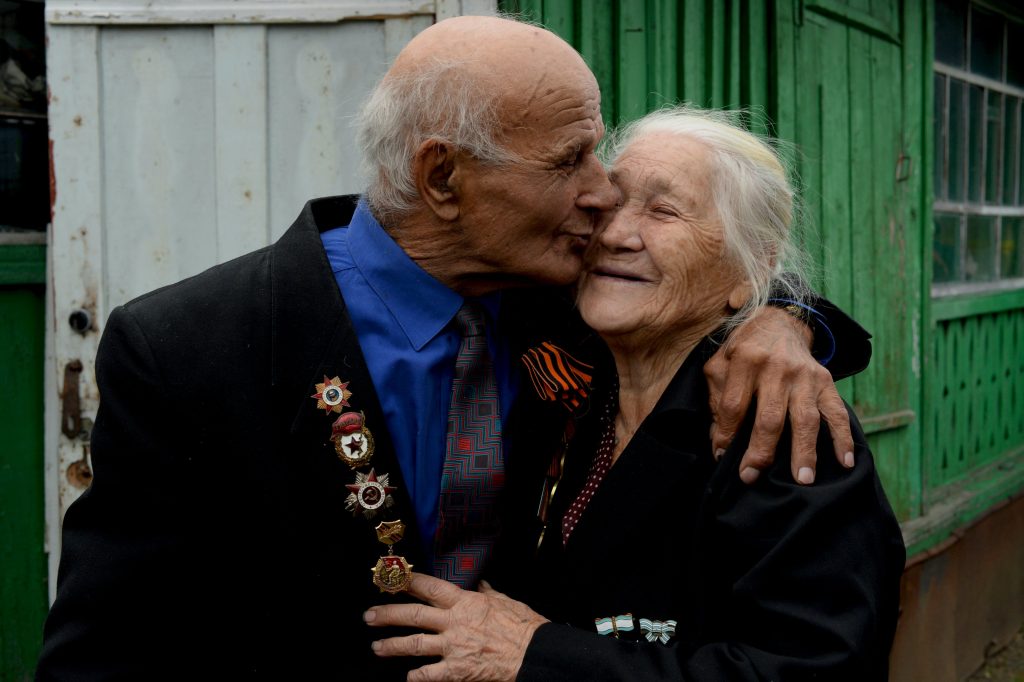
Knowing when your parents are ready for home care services can be a complex decision that requires careful consideration. Here are some factors that we at Babette Home Care consider when determining whether there is a need for home care services: Observe if your parents are experiencing difficulties with daily activities such as bathing, dressing, […]
How Private Home Care Services Can Supplement Living in an Assisted Living Community
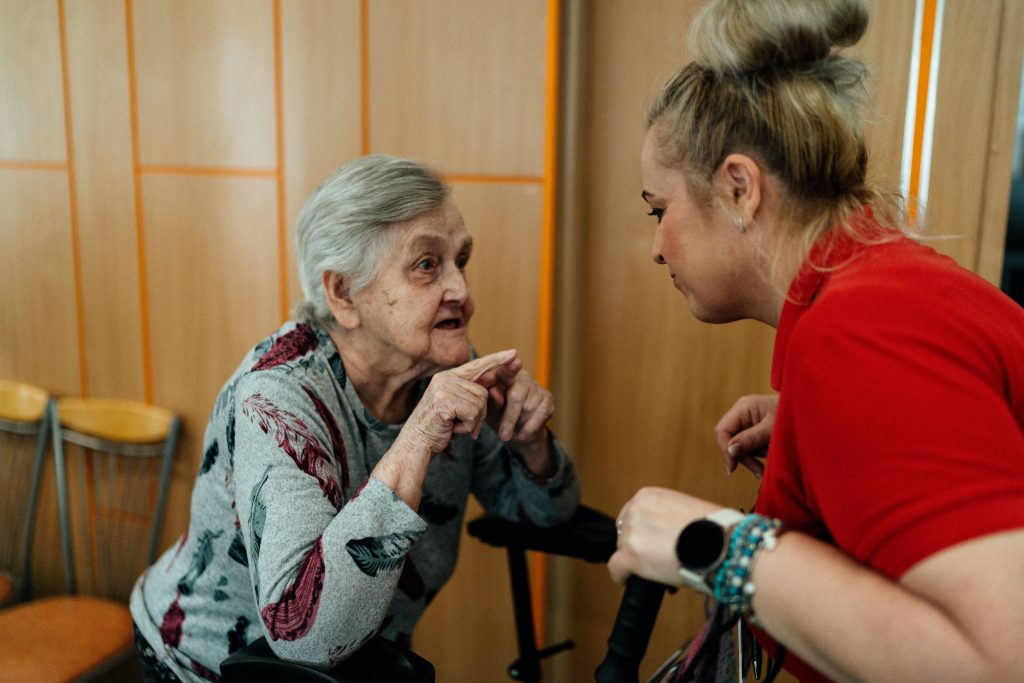
When it comes to caring for older adults, having options that meet their unique needs is crucial. Assisted living communities offer a wide range of amenities and support, but there are times when additional care services may be required. In this blog, we will explore how home care services can supplement living in an assisted […]
Embracing Gratitude: Seniors and the Meaning of Thanksgiving
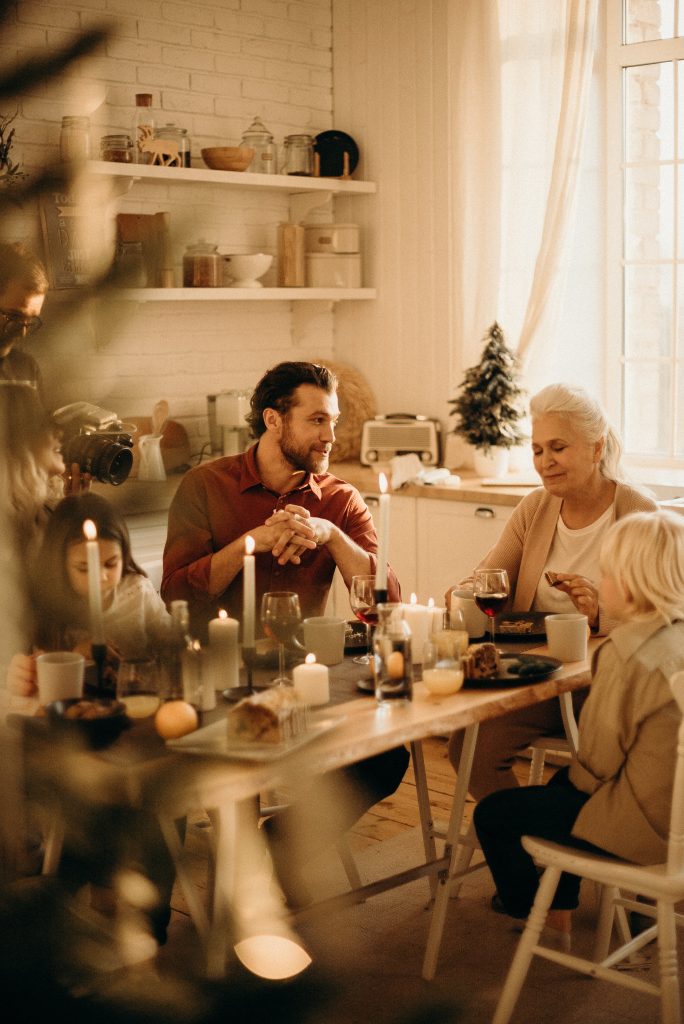
Thanksgiving is a special time of year when we come together to express gratitude for the blessings in our lives. While this holiday is often associated with family gatherings and feasts, it’s important to recognize the unique role that seniors play in embodying the true spirit of Thanksgiving. In this blog, we celebrate the wisdom, […]
Nurturing Connections: Meaningful Ways to Connect with a Loved One Living with Dementia
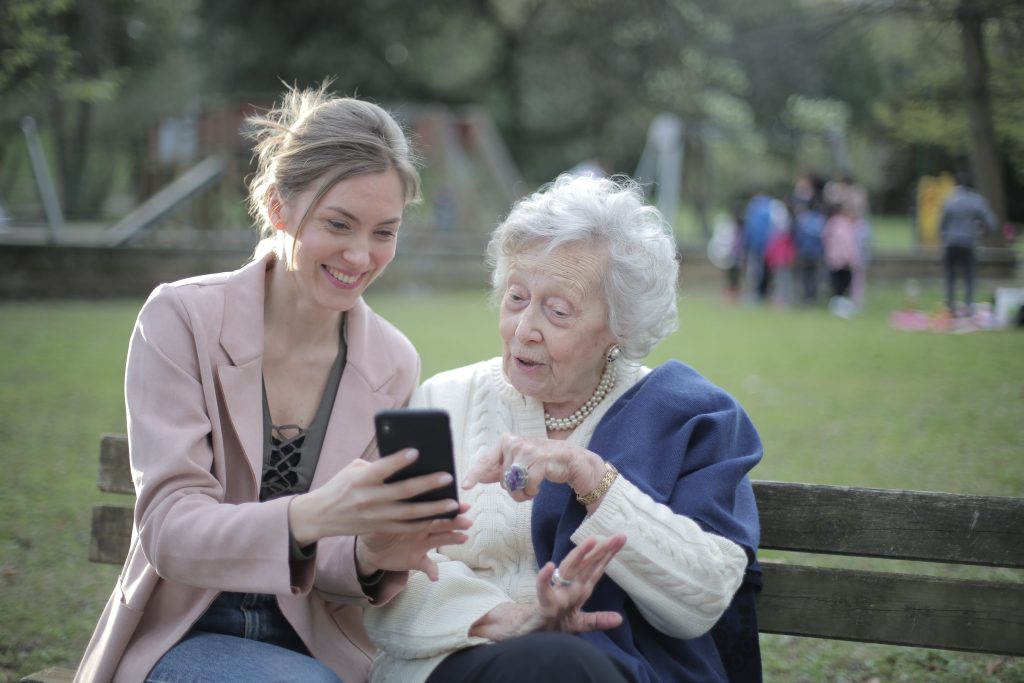
Connecting with a loved one who has dementia requires patience, understanding, and adapting to their changing abilities. While dementia can present challenges in communication and memory, it is still possible to maintain a meaningful connection. In this blog, we will explore compassionate ways to connect with your loved one living with dementia, fostering emotional bonds […]
The Effects of Cold Weather on the Elderly: How Babette Home Care Can Help
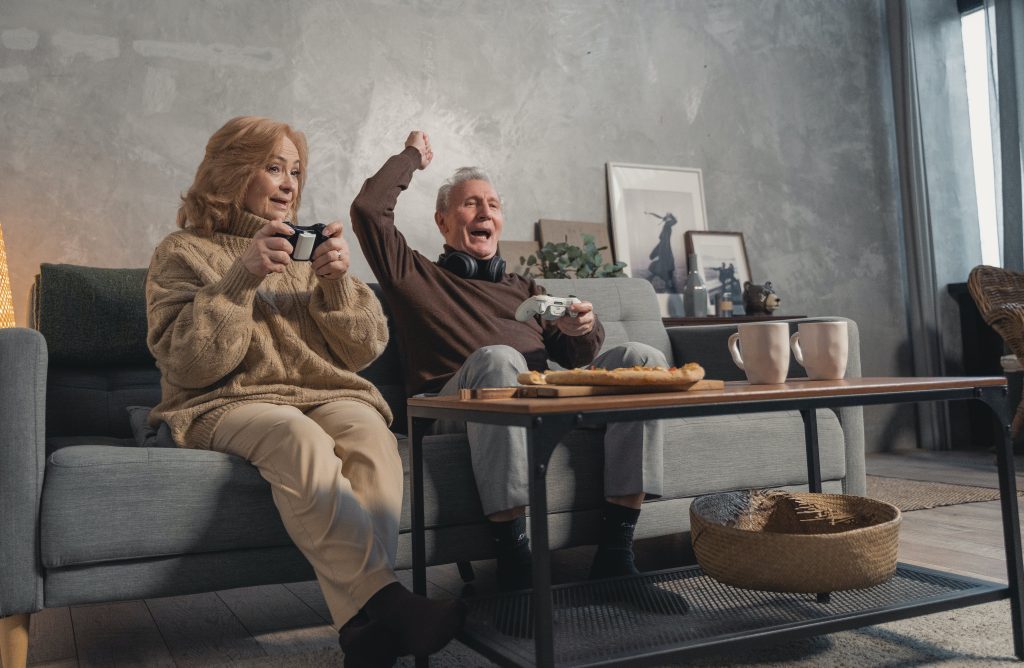
As winter approaches, it is essential to recognize the unique challenges that cold weather poses for the elderly population. From increased health risks to social isolation, the impact of cold weather on seniors should not be underestimated. In this blog, we will explore the effects of cold weather on the elderly and discuss how a […]
How To Celebrate The Holidays While Social Distancing

As Covid-19 cases continue to spike and stricter guidelines for social distancing are being put back into place. The holiday season is looking very different this year. Under the current circumstances, it’s advised that families stay home for the holidays and continue to practice social distancing. This is an especially hard time to be separated […]
5 Reasons To Attend

Are you ready to break the quarantine blues and join a fun event? We have the perfect event for you! FREE Entertainment and Surprise Giveaways to bring our communities some much-needed light and joy. Here are our top 5 reasons to sign up and attend.
